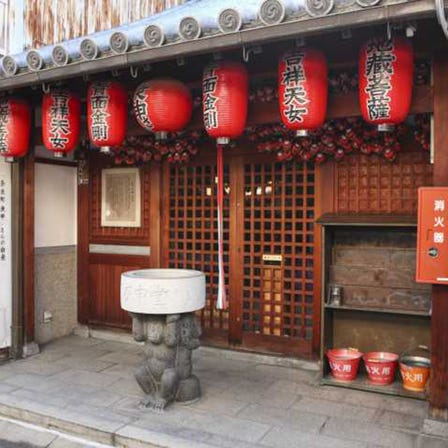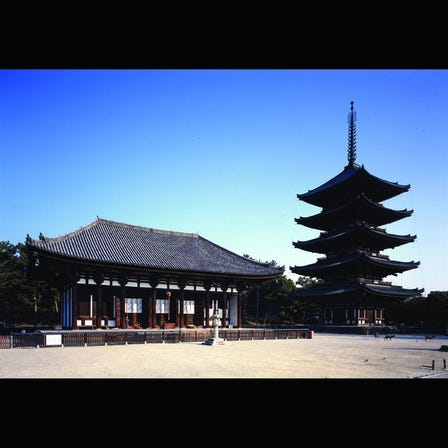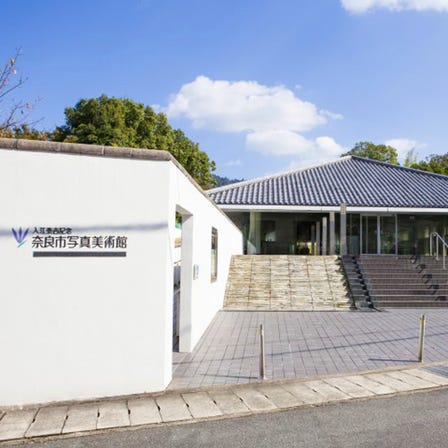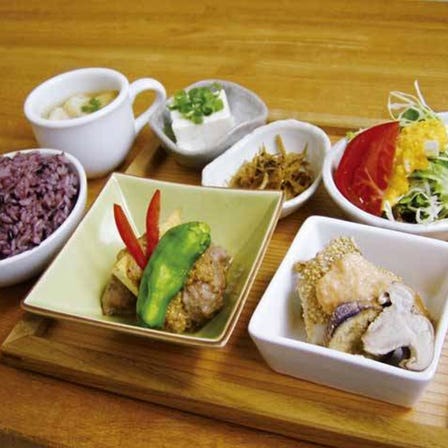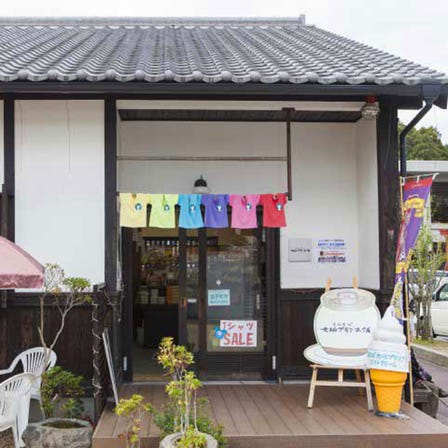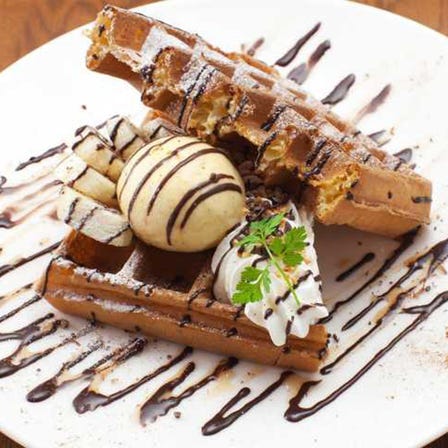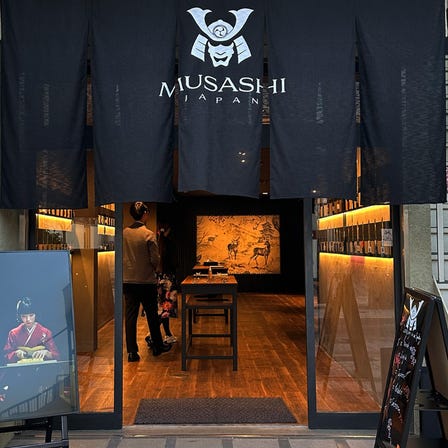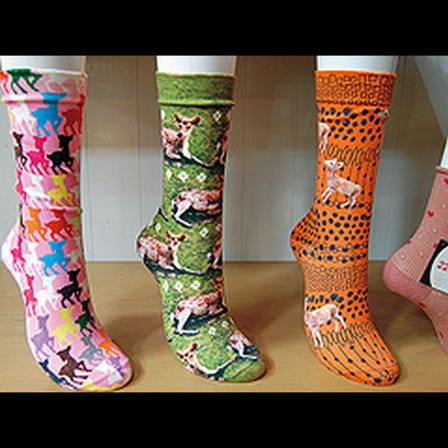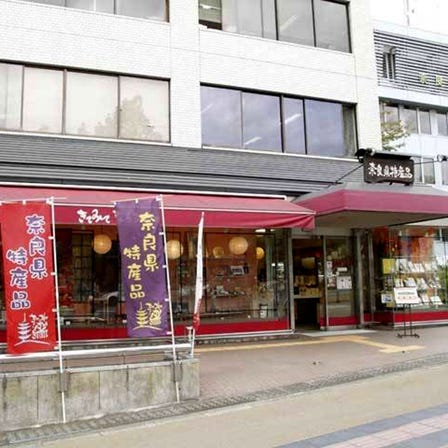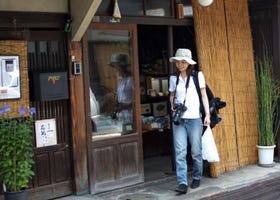Description
When Nara was the Heijo-kyo capital, Kasuga-taisha Shrine enshrined Takemikazuchi-no Mikoto, who came all the way from Kashima, Ibaraki, as a guardian deity of the capital. Kasuga-taisha Shrine’s pavilions were built in 768. As the head shrine of approximately 3,000 Kasuga-jinja shrines in Japan, it has gained the faith of a wide range of people including imperial family members and regular citizens. The grounds cover Mt. Mikasa, and in addition to the main shrines, there are plenty of others that are believed to bring benefits dotted across the mountain. The four main shrines stand in a straight line, passing down the architectural techniques of Kasuga-zukuri. Since the shrine's founding, it has undergone periodic reconstruction, and the current main shrines were completed in the 60th reconstruction in autumn 2016. In 2018, the shrine celebrated its 1,250th anniversary, and has been designated by UNESCO as one of the ”Historic Monuments of Ancient Nara.”
Join a Wakamiya Jugo-sha Meguri tour to visit the Wakamiya deity that protects you from difficult situations in life, bringing fortune and happiness
Apart from the four main shrines, there are 62 sessha (auxiliary shrines dedicated to a deity connected to that of the main shrine) and massha (small shrines belonging to the main shrine). You can join a Wakamiya Jugo-sha Meguri tour that visits 15 shrines, including those enshrining the Wakamiya deity believed to protect people from difficult situations in life.
Dedicate a ladle to Daikoku-sama, a god of match-making, at Meoto Daikoku-sha Shrine
Meoto Daikoku-sha Shrine is home to the spirits of the meoto (husband and wife) Okuninushi-no-Mikoto and Suseribime-no-Mikoto. Being the only place that enshrines the meoto of Daikoku-sama, it has attracted an enormous number of worshippers seeking a harmonious marriage or good fortune in the search for everlasting love. Instead of Ema (wooden votive tablet), you can dedicate a ladle with your wish written on it. The shrine is also the place for signing up to the Wakamiya Jugo-sha Meguri tour.
Feel the weight and solemnity of history at the Kasugataisha Museum
Why not visit the Kasugataisha Museum for an up-close-and-personal look at the collection of National Treasures and Important Cultural Properties owned by Kasuga-taisha Shrine. The museum reopened in October, 2016. The exhibits include Japan's largest dadaiko (a large drum used for outdoor bungaku and gagaku performances). This dadaiko plays a part in the Kasuga Wakamiya On-Festival, an annual festival at Wakamiya-jinja Shrine that has continued ever since the Heian period. Another is the Deer Mandala, which portrays the story of Kasuga-taisha Shrine’s founding, and the emakimono illustrated scrolls. These and many other sacred treasures convey the weight of 1,250 years of history.
Visit Manyo Botanical Garden to see plants that appear in Manyoshu
Kasuga Taisha Shin-en Manyo Botanical Garden, occupying about 30,000 square meters of land to the west of the main shrine, hosts around 300 species of plants that appear in Manyoshu (The Anthology of Myriad Leaves). If you’re there on May 5 and November 3, be sure to catch the Manyo Gagaku Festival on the stage floating in the pond at the garden's center.
Location Information
-
- Address
-
160, Kasuganocho, Nara-shi, Nara, 630-8212
-
- Nearest Station
-
Nara Station
・ JR Kansai Main Line
・ JR Yamatoji Line
・ JR Sakurai Line
11 minutes by car
-
- Phone Number
-
0742-22-7788Available languagesonly in Japanese
-
- Hours
-
6:30am - 5:30pm
*From March to October
7:00am - 5:00pm
*From November to February
-
- Closed
- None
-
- Public Site
- Official Site
Recommended Spots in Area
- Visiting
- Eating
- Shopping
- Lodgings
-
Ciel bleuNara, Ikoma, TenriTeppanyaki
-
Restaurant & Cafe Pao Naramachi ShopNara, Ikoma, TenriOther Cafes and Sweets
-
Mahoroba Daibutsu Pudding Honpo Yumekaze Square BranchNara, Ikoma, TenriOther Cafes and Sweets
-
ShabukuraNara, Ikoma, TenriShabu Shabu
-
TEN. TEN. CafeNara, Ikoma, TenriOther Cafes and Sweets
-
Todaijimonzen NagomiNara, Ikoma, TenriTeppanyaki




















